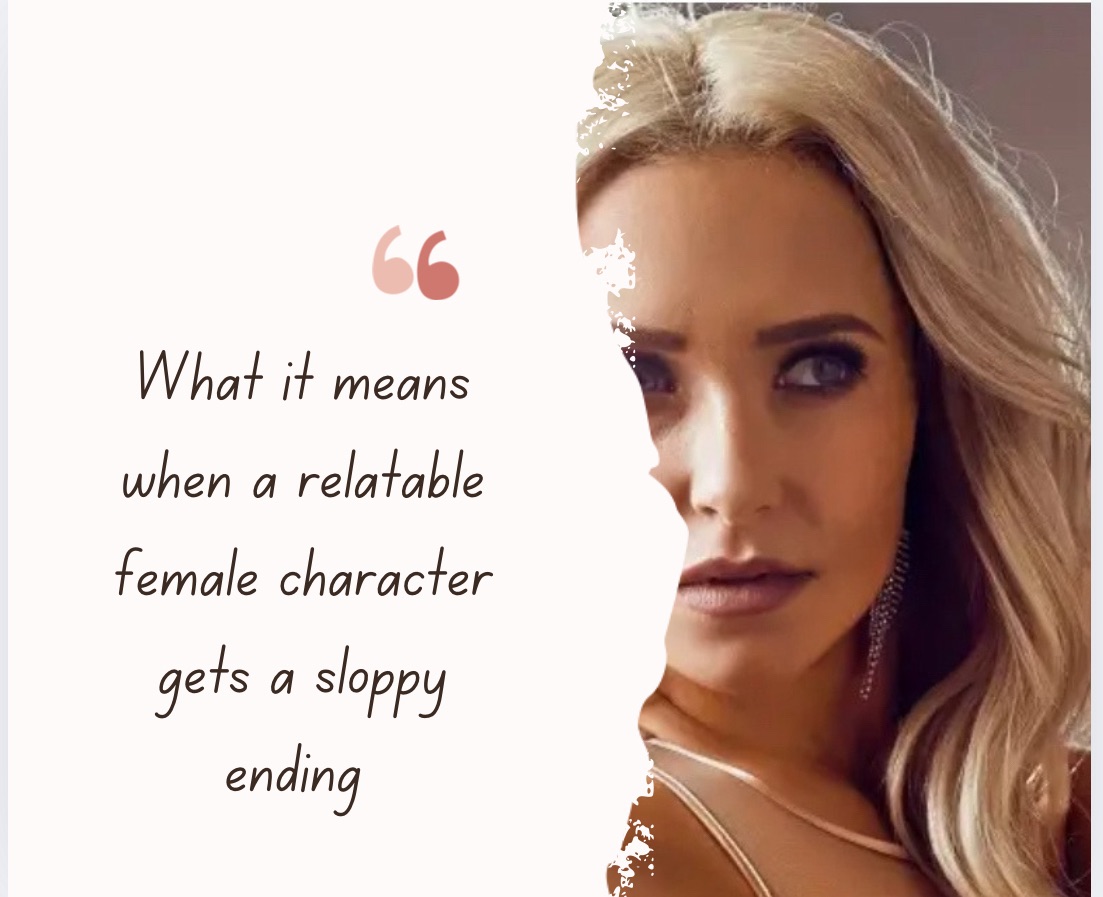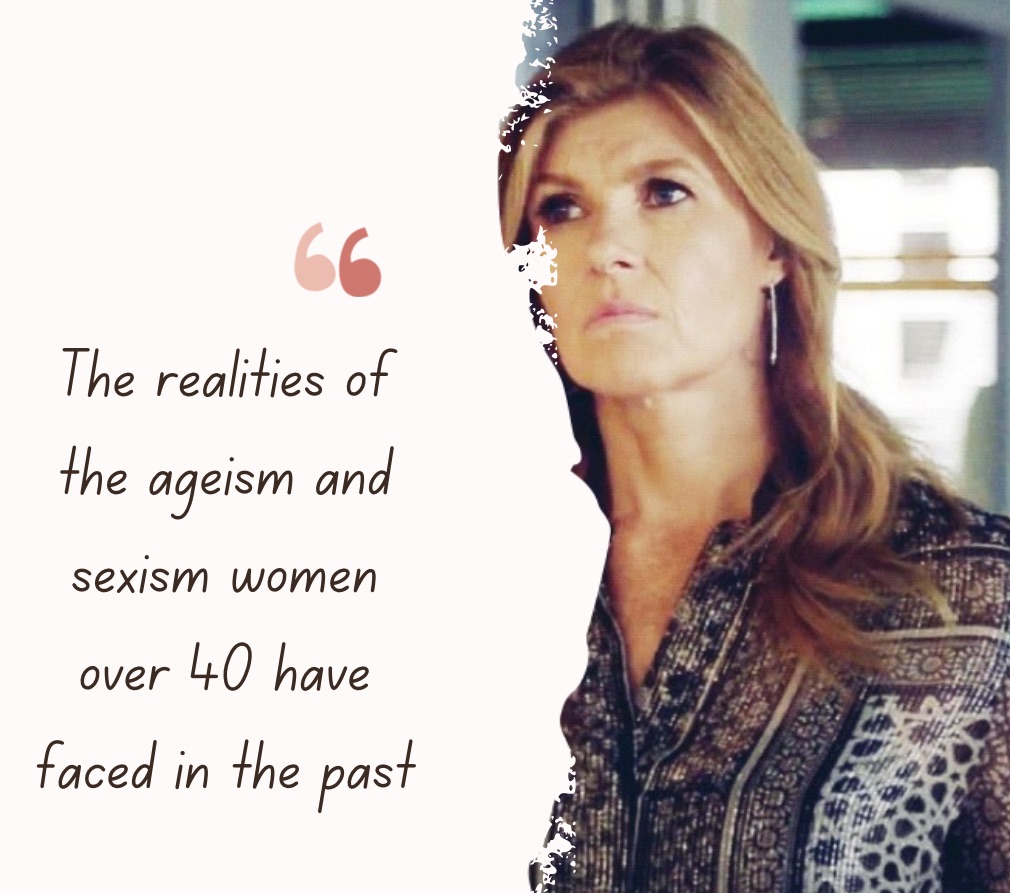Scarlett O’Connor was a supporting character on ‘Nashville’ played by Clare Bowen. Scarlett wasn’t well received by audiences and fans of the show alike, as she was mostly perceived as spoiled young woman who turned down every opportunity left and right. Under normal circumstances, I’d agree with that testament, but no while knowing all the character’s history, as well as the woman behind the character. I’d go as far as saying that if one character on the show got to have a complete do-over, it would’ve been Scarlett herself. Bowen recently revealed that she has autism and ADHD. Of her decision to make her struggles with the disorders public, she said on the ‘Neurodivergent Woman’ podcast in December 2024, ‘What I know now is to make sure that every single one of those people, in whatever way I can, can kind of reach out and be like, hey, hey, you’re not by yourself, it’s okay. You don’t have to do it by yourself, it’s okay. If you feel like you don’t understand anything, or like nobody understands you, or like everyone’s laughing but you don’t get the joke, and maybe you are the joke, you can still become the person that you always dreamed of being, even if you are the butt of every joke, even if you feel like it fit anywhere.’ Here, we break down Scarlett O’Connor’s entire character arc on the show. We analyze what exactly made her so unlikeable. And finally, we explore how Bowen’s own story of living with autism could’ve paved the way for Scarlett. Let’s discuss…
Tag: Nashville
Juliette Barnes: An In-Depth Analysis Of The Relatability And Complexity Of Her Character Arc When We First Met Her- And What The Sloppy End Of Her Story On ‘Nashville’ Meant To Women Everywhere
‘Nashville’ was a TV series which was co-led by Connie Britton and Hayden Panettiere. Panettiere played Juliette Barnes. She was first introduced as a a bubblegum country pop singer and former teen star sensation who was determined to replace Rayna as the top superstar of country music. Over time, however, she proved herself to be much more than just a blonde girl with a bubblegum personality who sang songs like ‘I’m A Girl’. She was even able to co-exist with Rayna in the music industry and be viewed as her equal. By the time Rayna passed away, Juliette saw her as a mother figure; something she never had as her mother was a junkie. She saw her manager, Glenn, as a father figure; also something she never had as her father died when she was four. When we’re first introduced to her, we see that she was a very unlikeable person. The only people she was surrounded by were the people she paid to work for her. It was a long road for Juliette. . Here, provide an in-depth analysis of Juliette’s character arc throughout all six seasons of ‘Nashville’. We explore the relatability and complexity of her character. And we break down the meaning behind her sloppy ending, and what it means to women everywhere.
Rayna Jaymes: The Worldview Of Women Over 40 In The 2010’s, As Seen Through Her Character Arc On ‘Nashville’ – And How Its Complexity Is Ever So Evolving
‘Nashville’ was a TV series originally aired between 2012 and 2018. It starred Connie Britton as Rayna Jaymes and Hayden Panettiere as Juliette Barns. Rayna Jaymes was a 40 year old woman trying to keep up with a music career in an industry that viewed women over 40 as unworthy. At the same time, she was also the glue of her family, with her two daughters, Maddie and Daphne, played by the Stella sisters, her husband Teddy, played by Eric Conrad, later her first love and second husband, Deacon, played by Charles Esten. Just as she got everything she ever wanted and more – both personally and professionally speaking, Rayna died in a car crash. Here, we break down Rayna’s entire character arc, even in death, throughout the entire six season run of the show, and we break down how her death proved the initial premise of the show to be wrong. We explore what Rayna represented to women in the workforce during the time of the show’s run, and how ageism and sexism has evolved in the years since the show’s original run by comparing Rayna’s story as a woman in the business and compare it to the worldview of ‘aging’ women now. And we explain why the ‘Nashville’ had overstayed its welcome, and why it actually should’ve ended on season 4. Let’s discuss…



